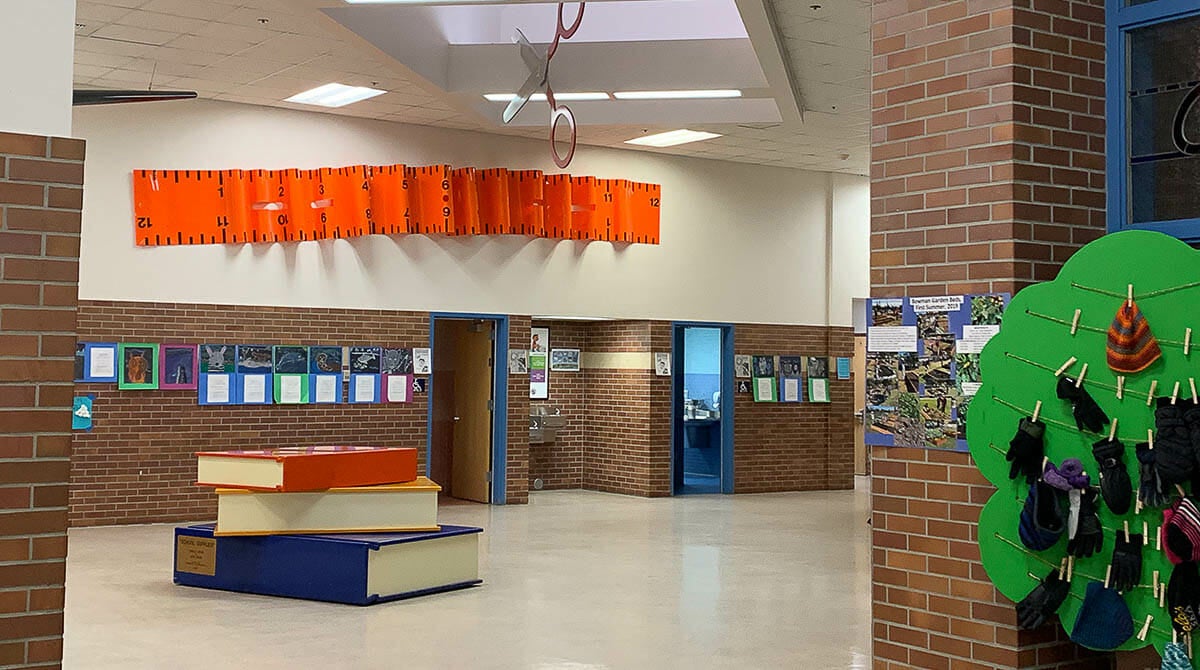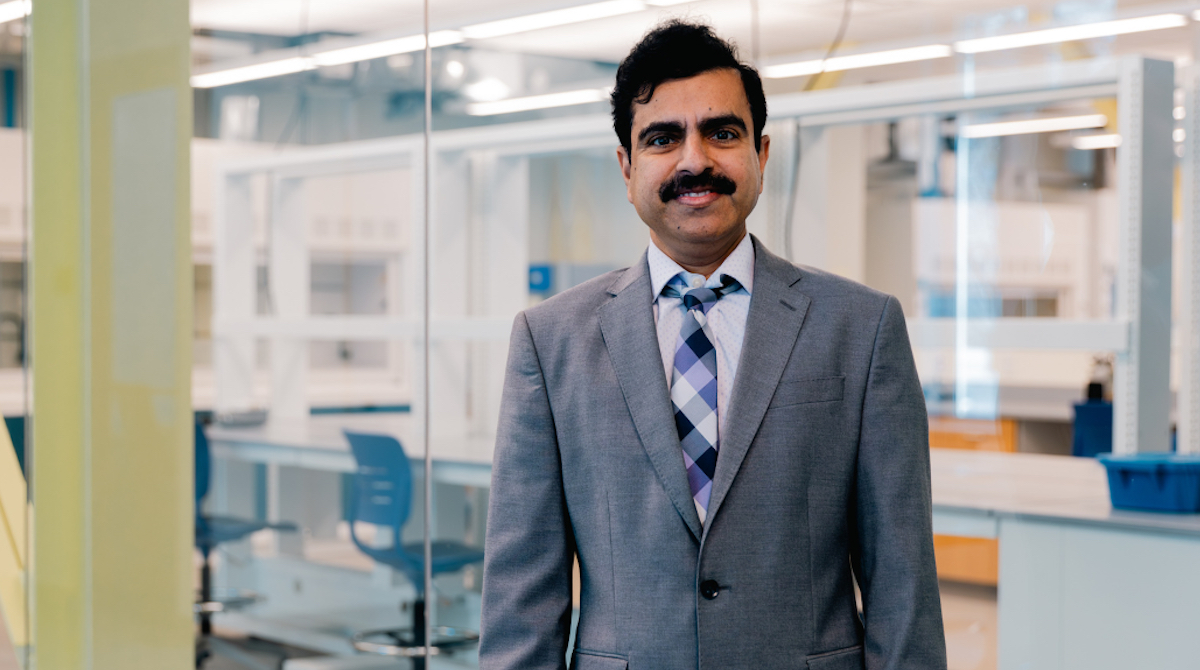Associate Professor Juliana Cohen has been working with the Anchorage School District (ASD) since early 2019. One of the largest and most diverse public school districts in the United States, ASD spans a region that is approximately the size of the entire state of Delaware. Its widespread geographic reach is mirrored in its diverse student-family population, socio-economically and racially.
Cohen’s NOURISH Lab, which evaluates novel interventions and policies to address diet-related health disparities in children, recently received a National Institute of Health (NIH) R01 grant for $2.5 million to continue working with ASD to address health disparities across this community of diverse K-12 students.
“Alone, ASD has 63 elementary schools across rural, urban and suburban areas,” Cohen said. “They decided to pilot a wellness initiative, ensuring students have at least 25 minutes of seated time to eat their lunch, and also increase the amount of opportunities they have for movement during the school day. This includes longer recess as well as movement breaks inside the classroom.”
Cohen partnered with faculty researchers at Merrimack, Assistant Professor April Bowling of the THRIVE Lab, Assistant Professor and Chair of the Department of Education Deborah Margolis and Associate Professor Laura Kurdziel. Each partner will bring a new perspective to the study from pedagogy to psychology and the demonstrated health and mental health benefits of physical activity.
“One of the reasons they are interested in this is not only for the potential physical health benefits of this, but also for the potential benefits for academic performance,” Cohen said of the holistic, intersectional approach from both the Merrimack perspective and from the perspective of ASD. “The goal of our study is to evaluate the impact of this wellness initiative on multiple child outcomes.”
The study will analyze and measure the impact of health interventions – like increased activity and longer lunch periods – on student populations, whether these interventions improve lived experiences like quality of sleep, academic performance and disciplinary referrals. The study will also track the number of hunger-related instances to the school nurse.
“One of the drivers of CHIRP is really focused on addressing health disparities and that is exactly what this research is really focused on, big picture,” Cohen said. “Anchorage has the greatest number of Alaskan Natives of any city in the United States. They are also at the greatest risk for obesity and other poor health outcomes. This kind of school-based work may have a really strong impact on addressing health disparities, especially among underrepresented populations. This is really in alignment with the mission of CHIRP.”
The study comes as an expansion of a piloted program Cohen was involved with in fall 2019, right before the pandemic spread to the United States. That program was funded initially by an internal grant at Merrimack and enabled Cohen to take an early trip to Anchorage to meet with leaders in ASD and test early interventions in a small cohort of schools.
“Based on the success of the pilot study and this initial evaluation,” Cohen said. “ASD officials decided to expand the study which is when we then applied to the larger NIH grant to examine the expansion of the program.”
The expanded study will continue in ASD schools for the next five years. Students will wear devices called Actigraphs – which gauge their activity levels – throughout the entire school day and Cohen and her team will collect data over time to see if their interventions lead to positive health outcomes in the ASD community.
“I am really excited to be able to continue our work with ASD,” Cohen said. “It has been one of the best districts I have ever worked with. They clearly care so passionately about their students’ health and wellbeing. It’s really exciting to have the opportunity to work with them when they are trying out one of the most innovative initiatives in the United States.”





